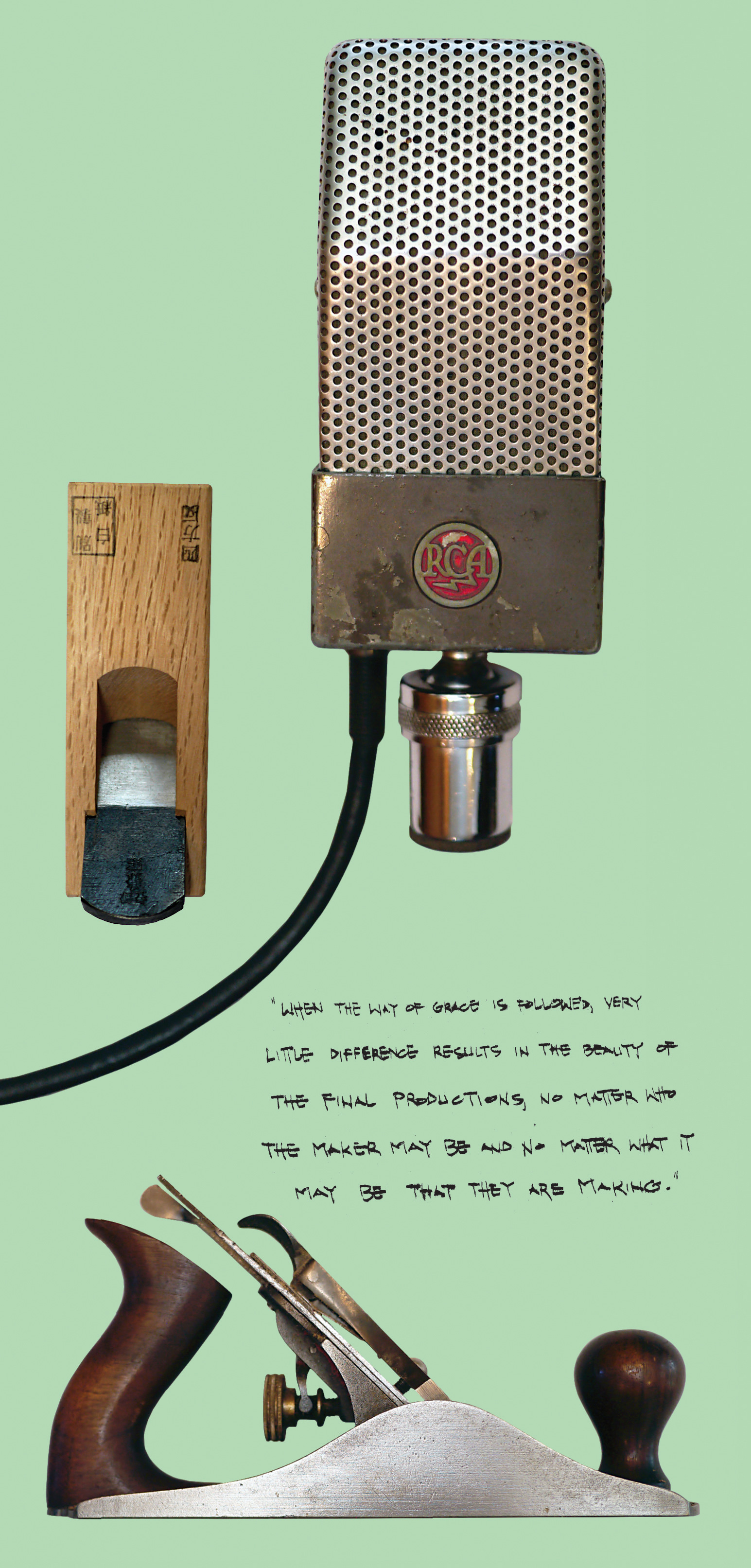While covering a place and time with far-reaching consequences, Richard Barone’s [Tape Op #54] new book is a delight to read. From civil disobedience to coffee house folk singers to confessional songwriters, there’s so much history, music, culture, and art to discuss throughout this book. In 2017, Richard released his album, Sorrows & Promises: Greenwich Village in the 1960s, covering songs from this era (sometimes with actual folks from this scene), and he put on several shows based around this. Currently, he teaches a course (with the same name as this book) at NYC’s The New School, and writing this book is an obvious “next step.” Culled from extensive interviews he’s conducted (Richard also contributes to Tape Op!), and via quite a bit of research, he sets the scene and then weaves a story involving so many facets and paths that led to the culture we experience now. You’re reading a recording magazine, and maybe thinking, “Why do I care? I need to learn more about mic preamps.” Not only does Richard give some insight into studio processes of this time, he also covers a lot of producer Tom Wilson’s work [#143] and gives us a musician’s insight into a lot of what was really happening. But in my experience, as an engineer/producer/studio owner/ musician, knowing as much as I can about the history of music is of utmost importance. Someone comes in to record folk songs, a songwriter brings in their best work, or maybe it’s time for a protest song to be written? It’s key to be able to see the antecedence, context, and importance of the music you are working on. Understanding the lives and aspirations of musicians is important, and some of this book covers John Sebastian, Bob Dylan, Tim Hardin, Janis Ian, Pete Seeger [#113], Phil Ochs, Fred Neil, and (one of my favorites, and most wonderfully outspoken still!) Buffy Sainte-Marie. If you delve into it, Music + Revolution will connect so many dots, and teach you so much about a time and place that really did change the world.
Books | No. 147
On the Road (book)
by Larry Crane
Subtitled “Recording the Stars in a Golden Era of Live Music,” this book follows the mobile recording career of the esteemed engineer David W. Hewitt. With early days at The Record Plant...




_disp_horizontal_bw.jpg)